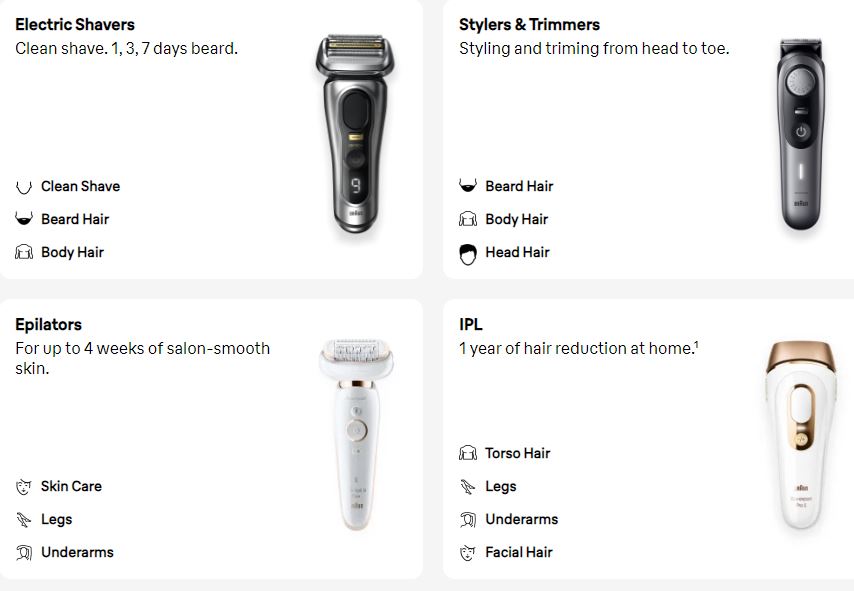Wealth Gap on Steroids: The Richest Rake in $14 Million Every Hour While Millions Struggle

Wealth Gap on Steroids: The Richest Rake in $14 Million Every Hour While Millions Struggle.
Imagine amassing a fortune so vast that it grows by an astounding $14 million every hour. That’s the reality for the world’s five richest men, according to a recent report by Oxfam: Elon Musk, Bernard Arnault, Jeff Bezos, Larry Ellison, and Warren Buffett. Since 2020, their combined wealth has doubled, reaching a mind-boggling $870 billion.
This staggering statistic isn’t just a number on a page; it represents a widening wealth gap that’s raising serious concerns about economic inequality, social justice, and the very stability of our economic systems.

Wealth Gap: A Tale of Two Worlds
While the ultra-wealthy see their fortunes skyrocket, millions around the globe struggle to make ends meet. The COVID-19 pandemic has exacerbated this disparity, pushing countless individuals into poverty and food insecurity. This stark contrast raises critical questions:
- Is this level of wealth concentration sustainable? Can societies function with such a vast gap between the haves and have-nots?
- Is this fair? Should we accept a system where a handful of individuals accumulate unimaginable wealth while millions struggle to survive?
- What are the policy implications? Can we implement tax systems or regulations that promote fairer wealth distribution and address growing inequality?
Beyond the Numbers:
The Oxfam report paints a grim picture, but it’s important to delve deeper than just the eye-catching figures. Here’s a closer look at some key factors contributing to the wealth gap:
- Soaring asset prices: The pandemic-fueled surge in stock markets and real estate has primarily benefited the wealthy, whose assets tend to be heavily invested in these sectors.
- Automation and AI: Technological advancements are replacing jobs in many industries, disproportionately impacting low-wage workers.
- Tax loopholes and havens: The current global tax system allows wealthy individuals and corporations to exploit loopholes and shift profits to low-tax jurisdictions, further widening the gap.

A Call to Action:
Ignoring this widening wealth gap is no longer an option. We need to have open and honest conversations about its causes and consequences and explore potential solutions. Here are some steps we can take:
- Advocate for progressive taxation: Implementing fairer tax systems that redistribute wealth from the ultra-rich to those who need it most can help bridge the gap.
- Invest in social safety nets: Strengthening social programs like unemployment benefits and healthcare can provide essential support to vulnerable populations.
- Promote worker rights and fair wages: Ensuring living wages and protecting worker rights can help narrow the gap between the rich and the working class.
- Support economic diversification: Encouraging investment in diverse industries and sectors can create new jobs and opportunities for all.

Wealth Gap: The Future We Choose
The path forward is complex, but it’s not insurmountable. By acknowledging the gravity of the situation, engaging in constructive dialogue, and taking concrete action, we can work towards a more equitable and sustainable future where prosperity is shared, not hoarded. Remember, the decisions we make today will determine the kind of world we live in tomorrow.
The Widening Chasm: How Corporate Power Drives Oligarchy and Fuels the Need for Action
Each year, Oxfam’s reports dissect the growing imbalance in global wealth and power, painting a stark picture of an alarming trend: the march towards a global oligarchy. Their latest report, Inequality Inc.: How corporate power divides our world and the need for a new era of public action (71 pages, https://policy-practice.oxfam.org/resources/inequality-inc-how-corporate-power-divides-our-world-and-the-need-for-a-new-era-621583/), released in January 2024, reveals an ever-widening chasm between the ultra-wealthy and the rest of the world.

Wealth Gap: A Stark Reality:
- Historic Concentration of Wealth: Never before have so few individuals held such immense wealth and control over the global economy. The report highlights an unprecedented level of wealth inequality, with a handful of billionaires amassing fortunes that dwarf the resources of entire nations.
- Unconscionable Income Gap: In the United States alone, three individuals possess more wealth than the bottom half of the population combined. Meanwhile, over 60% of American workers struggle to make ends meet, relying on paycheck-to-paycheck living.
- Stagnant Wages: Despite significant advancements in worker productivity and technological innovation, real wages for the average American worker haven’t budged in 50 years. This paints a grim picture of stagnant progress for the majority, while the privileged few see their fortunes skyrocket.
A Global Phenomenon:
This isn’t an isolated issue confined to American borders. It’s a global crisis playing out on a grand scale. Since 2020, while nearly five billion people worldwide have witnessed their economic situations worsen, the wealth of the five richest individuals has doubled, exceeding a staggering $800 billion. To put that in perspective, the combined wealth of just five individuals surpasses the GDP of many entire countries.

These figures paint a disturbing picture of the world we inhabit, where economic disparity reaches unprecedented levels and a select few wield immense power and influence. Oxfam’s report serves as a crucial wake-up call, urging us to acknowledge the gravity of this crisis and demanding transformative action to reverse the tide of inequality. The time for empty rhetoric is over; we need a new era of public action to challenge the dominance of corporate power and build a more equitable future for all.
Source: Oxfam, “Inequality Inc.: How corporate power divides our world and the need for a new era of public action” (January 2024), https://oi-files-d8-prod.s3.eu-west-2.amazonaws.com/s3fs-public/2024-01/Davos%202024%20Report-%20English.pdf
Countries with the most billionaires





